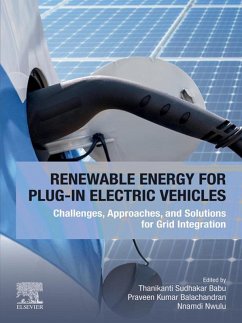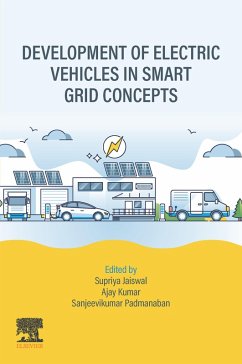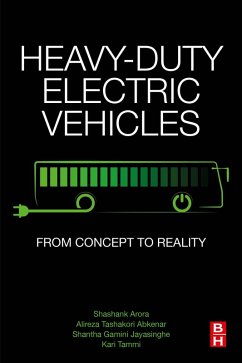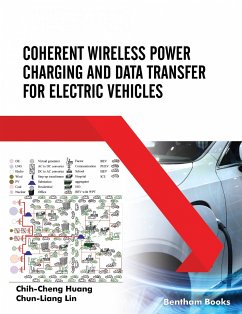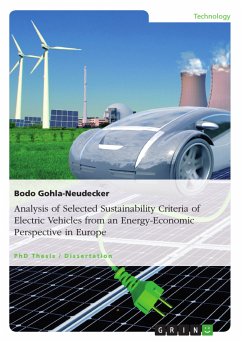
Analysis of Selected Sustainability Criteria of Electric Vehicles from an Energy-Economic Perspective in Europe (eBook, ePUB)
Versandkostenfrei!
Sofort per Download lieferbar
Statt: 52,95 €**
0,99 €
inkl. MwSt. und vom Verlag festgesetzt.
**Preis der gedruckten Ausgabe (Broschiertes Buch)
Alle Infos zum eBook verschenkenWeitere Ausgaben:

PAYBACK Punkte
0 °P sammeln!
Doctoral Thesis / Dissertation from the year 2014 in the subject Engineering - Power Engineering, grade: magna cum laude, Technical University of Munich (Institute for Energy Economy and Application Technology - Lehrstuhl für Energiewirtschaft und Anwendungstechnik), language: English, abstract: Abstract Within the scope of this dissertation, a model for synthesising the future development of EV power consumption is presented and incorporated in a European energy system model. Three allocation methodologies - the mix, delta and parallel market methods - are presented and allow a differentiate...
Doctoral Thesis / Dissertation from the year 2014 in the subject Engineering - Power Engineering, grade: magna cum laude, Technical University of Munich (Institute for Energy Economy and Application Technology - Lehrstuhl für Energiewirtschaft und Anwendungstechnik), language: English, abstract: Abstract Within the scope of this dissertation, a model for synthesising the future development of EV power consumption is presented and incorporated in a European energy system model. Three allocation methodologies - the mix, delta and parallel market methods - are presented and allow a differentiated evaluation of selected sustainability criteria of EVs (well-to-wheel efficiencies, CO2 emissions and energy costs). These are compared to values of ICVs from 2015 to 2050 in 27 European countries. Results conclude that the sustainability advantages of EVs in Europe fully come to effect from 2025 onwards. Zusammenfassung Im Rahmen dieser Arbeit wird ein Modell für die Synthese des zukünftigen Stromverbrauchs von Elektrofahrzeugen vorgestellt und in einem europäischen Energiesystemmodell integriert. Drei Zuweisungsmethoden - die Mix-, Delta- und Parallelmarkt-Methode - ermöglichen eine differenzierte Bewertung von Elektrofahrzeugen (Primärenergieeffizienz, CO2-Emissionen und Energiekosten). Diese werden mit den Werten von konv. Kfz von 2015 bis 2050 in 27 europäischen Ländern verglichen. Die Ergebnisse zeigen, dass die Nachhaltigkeitsvorteile von Elektrofahrzeugen in Europa ab 2025 voll zum Tragen kommen.
Dieser Download kann aus rechtlichen Gründen nur mit Rechnungsadresse in A, B, BG, CY, CZ, D, DK, EW, E, FIN, F, GR, HR, H, IRL, I, LT, L, LR, M, NL, PL, P, R, S, SLO, SK ausgeliefert werden.




